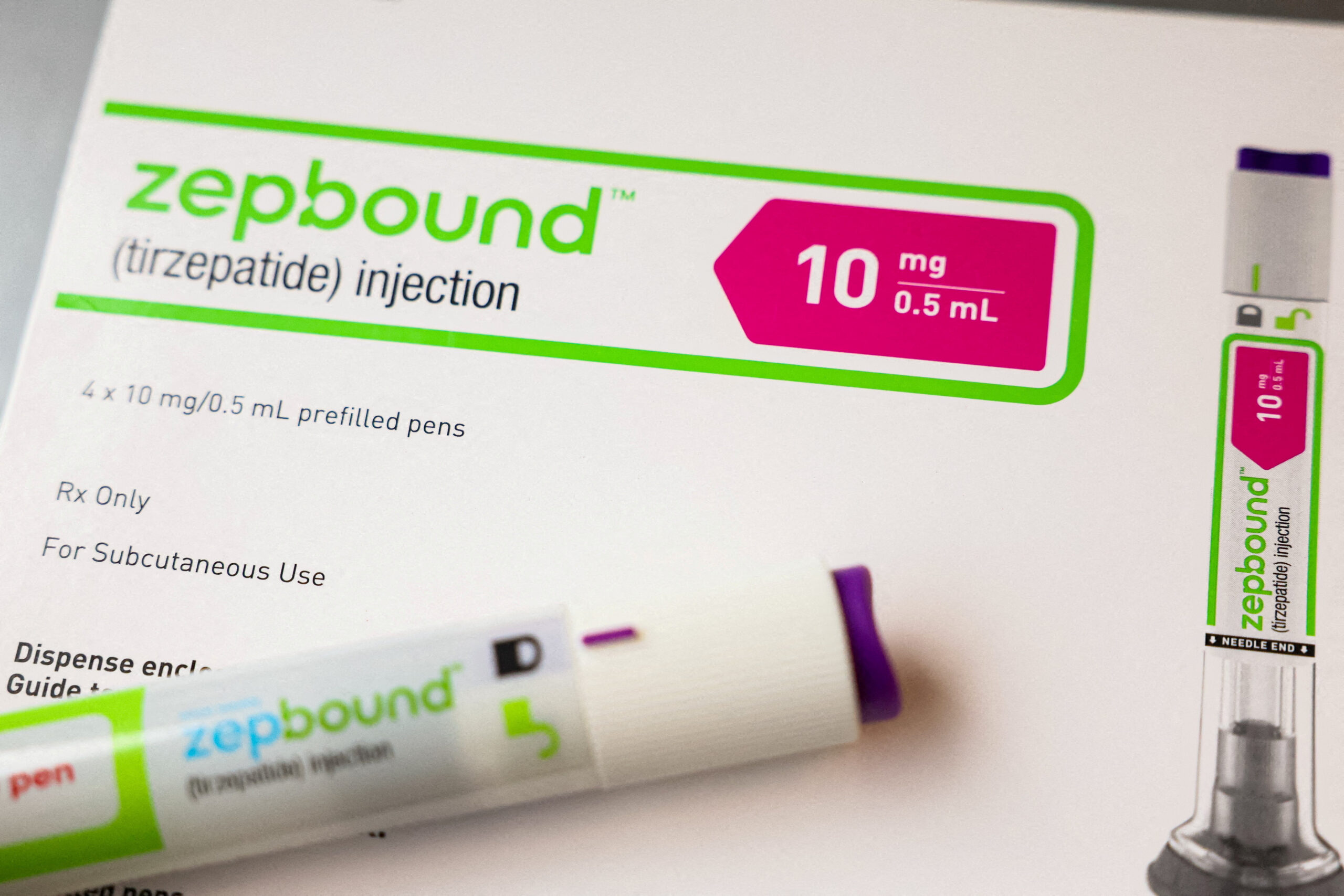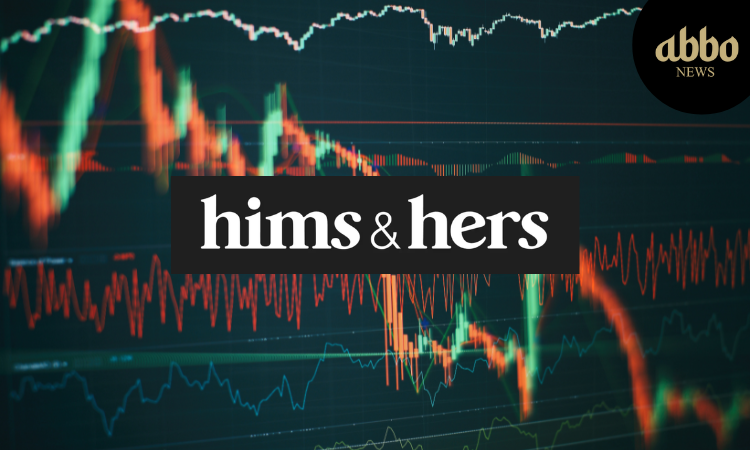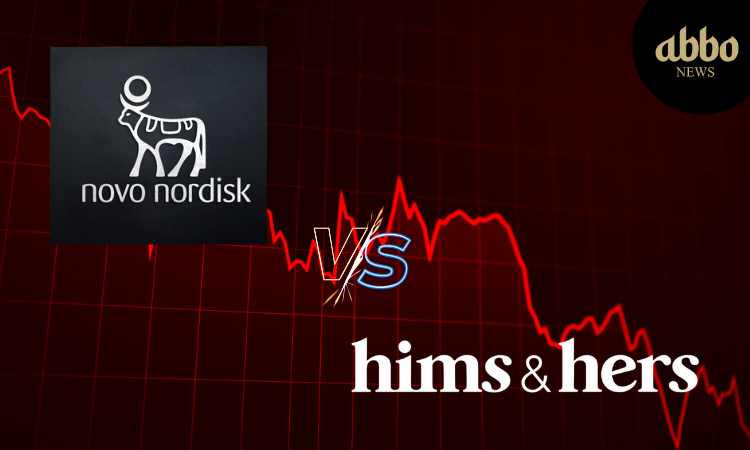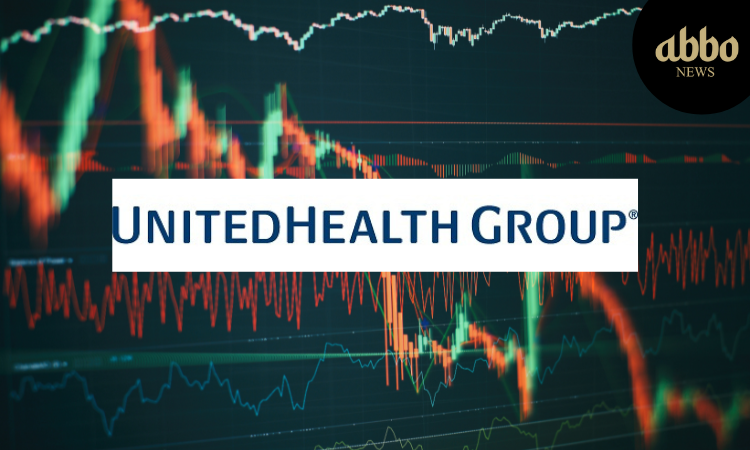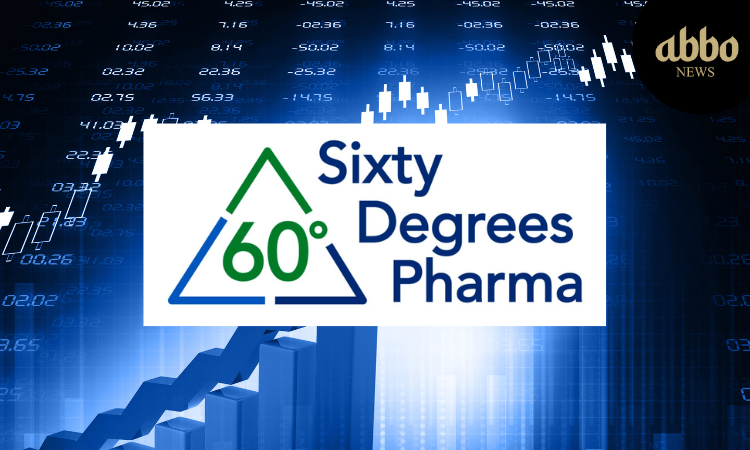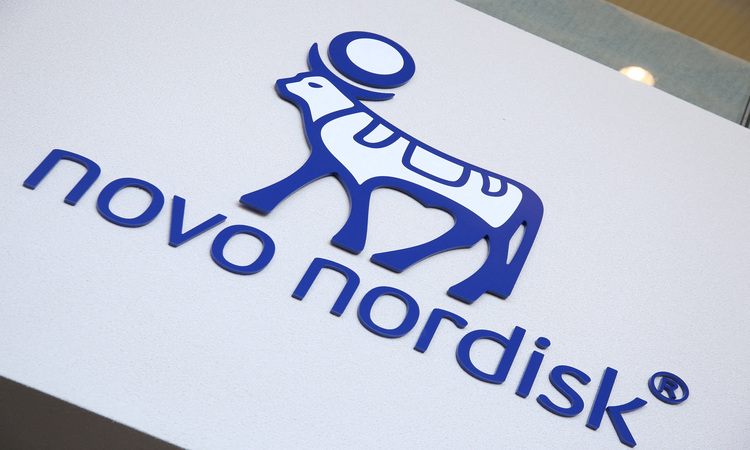On Tuesday, Eli Lilly (NYSE: LLY) said it has begun selling vials of the lowest starter dose of its popular weight-loss drug Zepbound in the United States for $399 for a month’s supply through its direct-to-consumer website to help increase its availability in the marketplace.
Zepbound is typically sold in auto-injector pens, but with easier-to-manufacture and fill vials, Lilly can get the drug to patients more quickly.
The company said the 2.5 milligram and 5mg vials – the lowest doses of the drug – will cost $399 and $549 on its website LillyDirect.
That is a $250 discount, or 40%, for the lowest dose compared to the $650 per month Lilly now charges patients for the pen version of Zepbound on its website, an increase from the $550 launch price set early this year.
Eli Lilly (NYSE: LLY) said the prices were in line with its current offering and a 50% discount to the list prices of competing products, including the popular Wegovy from Danish rival Novo Nordisk (NYSE: NVO).
U.S. Senator Bernie Sanders, who last month joined President Joe Biden in calling on Lilly and Novo to reduce the prices of their drugs for weight loss and diabetes, said Lilly had taken a “modest step forward” but it was not enough. He pointed to the new, higher $650 price for the pens.
BMO analyst Evan Seigerman said $399 per month is likely a new low price for Lilly, even taking into account after-market discounts the company gives to big health plans. He estimated that those plans receive Zepbound for between $300 and $400 below the more than $1,000 per month list price.
He said Lilly was positioning itself against Novo with patients who may eventually get insurance coverage for the treatments.
“I think they’re trying to really get more people on (Zepbound) at a price that is more affordable,” he added.
Eli Lilly (NYSE: LLY) and Novo Nordisk (NYSE: NVO) have been struggling to produce enough of their obesity medications to meet soaring demand, but in the last quarter, Lilly ramped up its manufacturing while Novo missed expectations. The Indianapolis-based drugmaker raised its annual sales forecast by $3 billion.
Lilly’s drugs are now listed as available by the U.S. Food and Drug Administration. However, they aren’t yet off the FDA’s official shortage list where they have been most of the year.
Citi analyst Daniel Grosslight said the move would alleviate the supply bottleneck around auto-injector pens. He said that Lilly’s offering would take market share from companies offering medications produced by compounding pharmacies, which is allowed in the U.S. when drugs are in shortage.
Should the additional supply in vials get Lilly’s drugs removed from the FDA shortage list for good, Seigerman said that would allow the company to more easily sue those selling compounded versions of Zepbound.
Shares of Hims and Hers Health (NYSE: HIMS), a telehealth company that offers compounded versions of Novo’s weight-loss drug for as little as $199 a month, were down 7% at $14.91.
The lowest dose of Novo’s Wegovy used to start new patients remains listed as in shortage.
Patrik Jonsson, Lilly’s president of cardiometabolic health, said in an interview that the vials launch will significantly increase supplies of Zepbound in the U.S.
“We are very confident with both the auto-injectors and the vials that we will be able to supply the needs in the U.S. marketplace,” he said, adding that a big chunk of patients do not progress to higher doses of Zepbound than 5 mg during treatment.
Lilly has already launched vials of the product in other countries, including Australia, Canada, and Poland, Jonsson said.
(Source: ReutersReuters)
